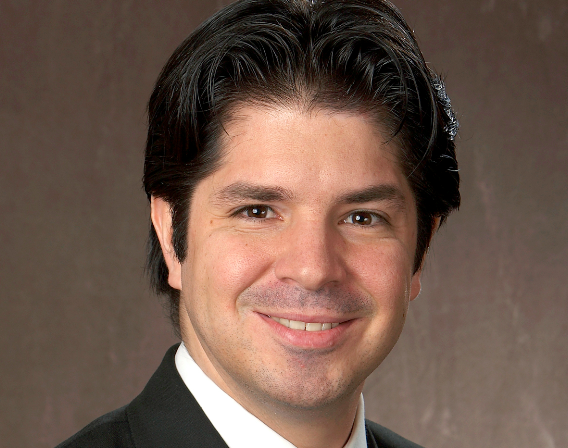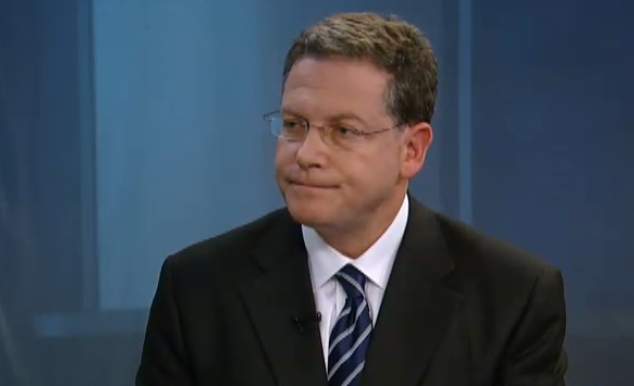Fitch Affirms 4 Andorran Banks
| By Alicia Miguel | 0 Comentarios
Fitch Ratings has affirmed Andorra Banc Agricol Reig’s (Andbank), Credit Andorra‘s, and Mora Banc Grup, SA’s (MoraBanc) Long-term Issuer Default Ratings (IDR) at ‘A-‘ and Viability Ratings (VR) at ‘a-‘, and Banca Privada d’Andorra’s (BPA) Long-term IDR at ‘BB+’ and VR at ‘bb+’. The Outlooks on the Long-term IDRs of Andbank and BPA are Stable. The Outlook on Credit Andorra has been revised to Stable from Negative. The Outlook on Morabanc is Negative.
The banks’ Long-term IDRs are driven by their intrinsic credit profiles, reflected by their VRs. All four banks focus on developing their private banking and asset management franchises and had positive net new money inflows in 2013, which supported their continued assets under management (AuM) growth. Andbank, Credit Andorra and BPA focused on growing through their foreign subsidiaries, while MoraBanc’s international presence is more limited and its growth strategy lies in attracting private banking clients to Andorra. Fitch believes that the onshore nature of Andorran banks’ recent AuM growth reduces the potential impact from future automatic tax information exchange agreements that Andorran banks may be subject to.
Although Andorran banks concentrate on wealth management activities, they are also active in domestic retail banking. Their asset quality deteriorated during the recession of the Andorran economy. As GDP is expected to start growing moderately in 2014, Fitch expects pressure on banks’ asset quality to ease, but asset quality ratios are likely to deteriorate further, albeit at a significantly slower pace. Together with the banks’ generally healthy profitability, this should enable them to provide for impairment needs and build up capital through retained earnings.
Andbank‘s strong capitalisation has a high influence on its VR. Its Fitch core capital (FCC) ratio was 20.8% at end-2013. The acquisition of the Spanish private banking business of Inversis Banco, which is expected to be completed by end-2014, will initially have a negative impact on capital ratios as it will generate EUR120m goodwill. The VR is based on Fitch’s assumption that Andbank will recover its capital position within a short period of time through stronger internal capital generation, helped by a reduction in the dividend pay-out ratio. The bank’s VR also considers healthy profitability and cost efficiency, as well as its deteriorated asset quality. The ratio of problematic assets (defined as non-performing loans and loans in arrears plus foreclosed assets) was 6.5% at YE13 and problematic loans (non-performing loans and loans in arrears) were well covered by provisions at 56%.
The Outlook on Credit Andorra has been revised to Stable from Negative, supported by the bank’s increased problematic asset coverage levels and capitalisation, which in Fitch’s view largely outweighed the asset quality deterioration in 2013. The bank was able to increase coverage and capitalisation due to its strong and recurrent earnings generation capacity, which has relatively higher importance for its VR, combined with a conservative provisioning and earnings retention policy. Nevertheless, Fitch acknowledges that the bank’s relatively large exposure to the domestic retail market affects its asset quality. Credit Andorra’s problematic asset ratio was 8% at end-2013, with problematic loans 34% covered. The VR is based on Fitch’s expectation that the bank will continue to increase its impairment reserve coverage following the provisioning approach set in 2013.
Fitch considers capitalisation and leverage to have a high influence on MoraBanc‘s VR. The agency considers MoraBanc’s capitalisation is strong compared with its peers, with an FCC ratio of 28.5% at end-2013. Combined with a sovereign debt securities portfolio that has higher average ratings than those of its peers, this compensates for the weaker quality of the bank’s loan book. Its non-performing loans and loans in arrears represented 5.1% of loans, with a low 15% coverage, underscoring its reliance on the valuation of collaterals. Including foreclosed assets, its problematic assets ratio was 9%. MoraBanc’s growth strategy, which consists of attracting private banking clients to Andorra instead of incrementing its international footprint, has resulted in relatively lower business growth in recent years.
BPA‘s VR reflects its respectable domestic and growing international franchise, which is beginning to be reflected in profitability, and adequate liquidity. Capitalisation and leverage and asset quality have a high influence on BPA’s VR. Fitch considers capitalisation tight as BPA only maintains moderate buffers. The bank’s FCC/RWA ratio declined to 9.2% at end-2013 from 10.3% at end-2012.





